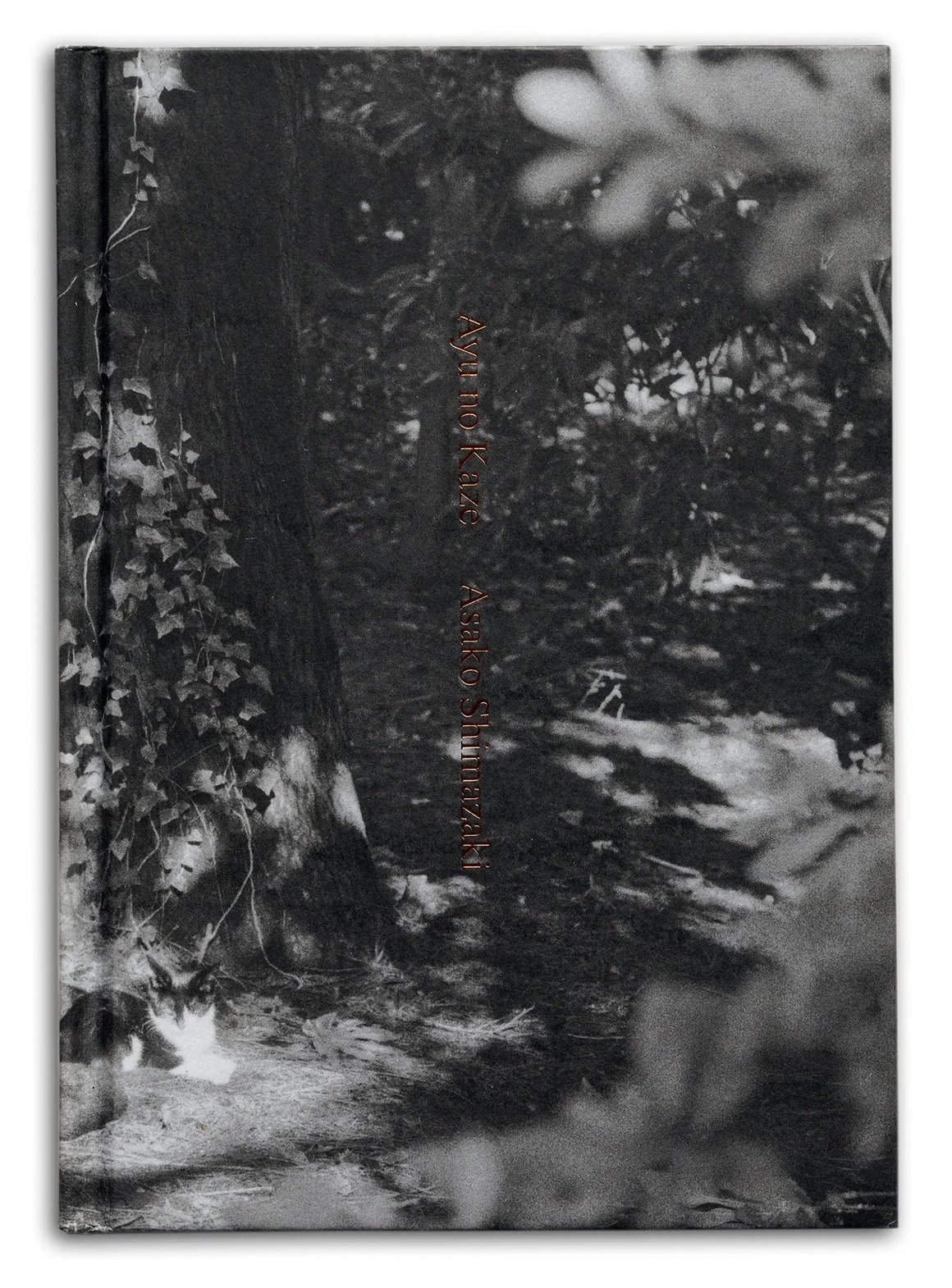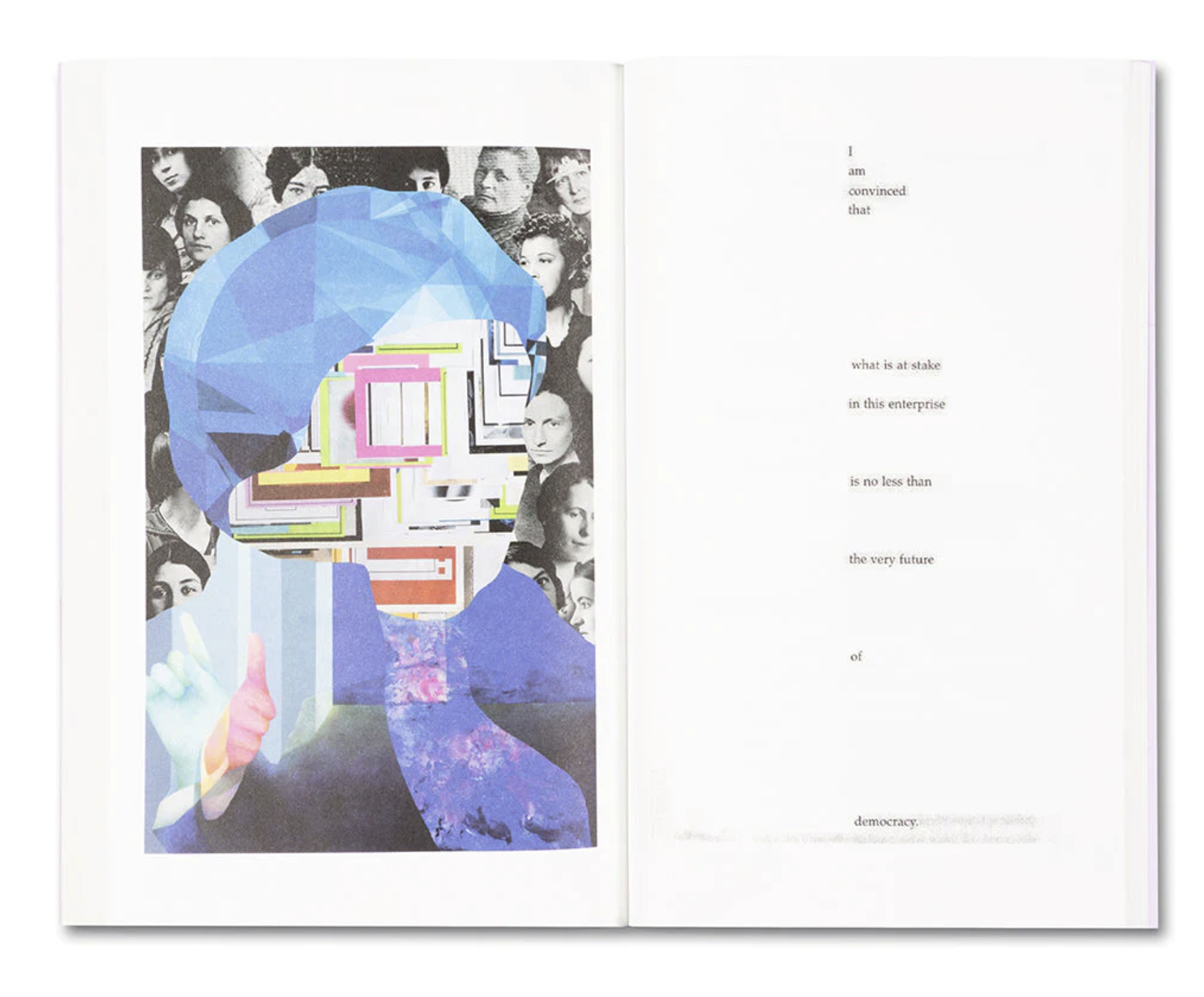AYU NO KAZE by ASAKO SHIMAZAKI
Found in Japan’s oldest book of poetry, Ayu no Kaze is a sailor’s phrase meaning “the wind of promise.” Much like the ancient word “ayu” translates to “the sea brings various things to the land” so too has the phrase spread throughout the islands of Japan, weaving through common people's lives, in folk songs sung by fishermen, merchants, travelers and immigrants alike.
After moving to the US, Shimazaki returned to Japan time and again to visit her native land. Choosing to work by herself in the early morning, roaming from northern, through central, to coastal Japan, scarcely any people inhabit her photographs of the summer and winter countryside.
Alone through mild sun and fierce blizzards, her images are an exploration of a land left behind. A diary of yearning and serenity, Shimazaki’s gaze poetically alludes to life transitions that are at once privately intimate and deeply universal. The photographs land softly, quietly belying the magnitude of the elements, both inner and outer, that charge through the landscapes and her lens—as she puts it “no matter the changes in our lives and culture, Ayu no Kaze returns every year. It speaks to me of eternity.”
Hardcover
Signed
80 pages, 30 plates
6.25 x 8.75 in.
Afterword by Sandra Phillips, Curator Emeritus of Photography, SFMOMA
ISBN 978-1-942953-41-8
Found in Japan’s oldest book of poetry, Ayu no Kaze is a sailor’s phrase meaning “the wind of promise.” Much like the ancient word “ayu” translates to “the sea brings various things to the land” so too has the phrase spread throughout the islands of Japan, weaving through common people's lives, in folk songs sung by fishermen, merchants, travelers and immigrants alike.
After moving to the US, Shimazaki returned to Japan time and again to visit her native land. Choosing to work by herself in the early morning, roaming from northern, through central, to coastal Japan, scarcely any people inhabit her photographs of the summer and winter countryside.
Alone through mild sun and fierce blizzards, her images are an exploration of a land left behind. A diary of yearning and serenity, Shimazaki’s gaze poetically alludes to life transitions that are at once privately intimate and deeply universal. The photographs land softly, quietly belying the magnitude of the elements, both inner and outer, that charge through the landscapes and her lens—as she puts it “no matter the changes in our lives and culture, Ayu no Kaze returns every year. It speaks to me of eternity.”
Hardcover
Signed
80 pages, 30 plates
6.25 x 8.75 in.
Afterword by Sandra Phillips, Curator Emeritus of Photography, SFMOMA
ISBN 978-1-942953-41-8
Found in Japan’s oldest book of poetry, Ayu no Kaze is a sailor’s phrase meaning “the wind of promise.” Much like the ancient word “ayu” translates to “the sea brings various things to the land” so too has the phrase spread throughout the islands of Japan, weaving through common people's lives, in folk songs sung by fishermen, merchants, travelers and immigrants alike.
After moving to the US, Shimazaki returned to Japan time and again to visit her native land. Choosing to work by herself in the early morning, roaming from northern, through central, to coastal Japan, scarcely any people inhabit her photographs of the summer and winter countryside.
Alone through mild sun and fierce blizzards, her images are an exploration of a land left behind. A diary of yearning and serenity, Shimazaki’s gaze poetically alludes to life transitions that are at once privately intimate and deeply universal. The photographs land softly, quietly belying the magnitude of the elements, both inner and outer, that charge through the landscapes and her lens—as she puts it “no matter the changes in our lives and culture, Ayu no Kaze returns every year. It speaks to me of eternity.”
Hardcover
Signed
80 pages, 30 plates
6.25 x 8.75 in.
Afterword by Sandra Phillips, Curator Emeritus of Photography, SFMOMA
ISBN 978-1-942953-41-8





















